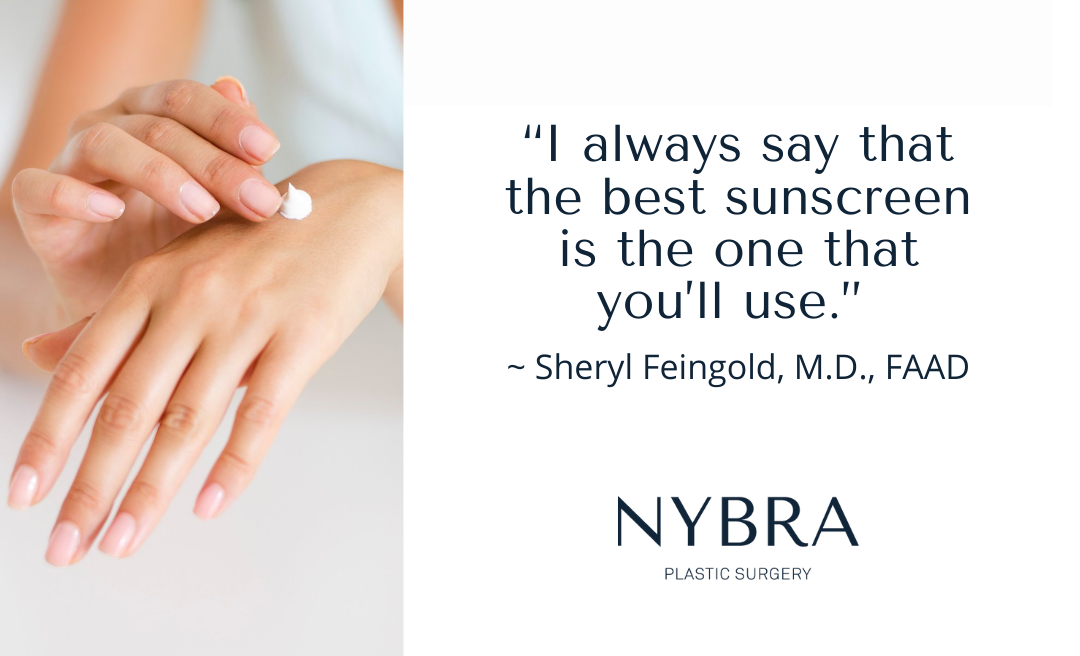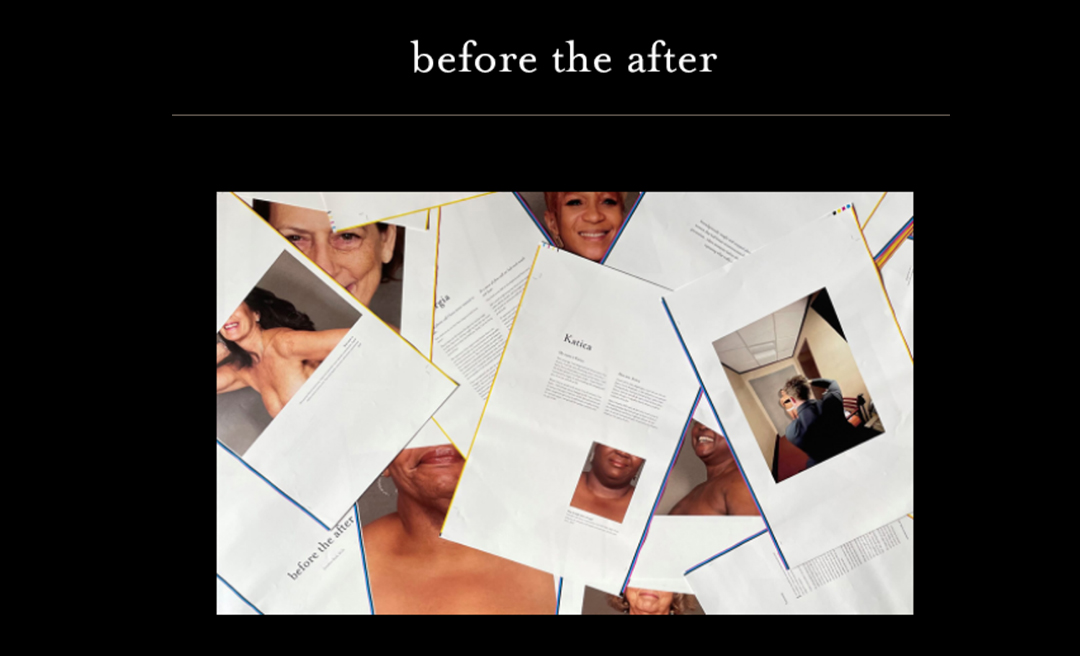Sunscreen and Moisturizer: Simple Acts of Self Care That Keep Skin Healthy
October 6, 2021
“When chemotherapy attacks the rapidly dividing cells of the targeted cancer cells, it also attacks the rapidly growing cells in our hair and nails,” Dr. Sheryl L. Feingold explained as part of our September Be Informed Lecture.
Dr. Feingold is a dermatologist. She joined us to talk about what you can do to protect your hair, skin, and nails during cancer treatment and beyond. Read on for a few highlights from the lecture or watch the full recording at the bottom of the page.
Sunscreen is an essential line of defense, especially if you are on chemotherapy.
The effects of UV radiation on the skin are well documented. From skin cancer to dryness to premature aging, unprotected sun exposure can wreak long and short term havoc on the skin even under normal circumstances. Chemotherapy and other medical treatments often increase photosensitivity, meaning that patients burn even more easily than they would normally.
Dr. Feingold stressed the importance of daily sunscreen application, regardless of pallor or activity level.
“It’s important to use a daily sunscreen, even if we don’t perceive ourselves to be going out to the beach or hiking.”
While there are many sunscreen options, SPF and regular use are the most important things to consider.
She recommends sunscreen with a minimum SPF of 30. The difference between SPF 30 and SPF 50 products is subtle: SPF 30 deflects 97 percent of the sun’s rays, while SPF 50 deflects 98 percent of the sun’s rays.
When it comes to choosing between chemical and mineral options, said that while she prefers mineral sunscreens, which sit on top of the skin and scatter the sun’s rays, chemical sunscreens work well, too.
“I always say that the best sunscreen is the one that you’ll use,” she said.
And for patients concerned about Vitamin D, she made it clear that the sun was not, in fact, a primary source of Vitamin D for the human body.
You should never go unprotected into the sun because you’re worried about getting your Vitamin D. Incidental exposure, diet, and supplementation are all sources of vitamin D.”
Sensitive skin calls for simple products.
Chemotherapy and radiation tend to make the skin very sensitive. Dr. Feingold advised patients dealing with sensitive skin to stay away from products with fragrances or too many irritating active ingredients.
“We want something basic. Sometimes vaseline is even the best option. Less is more.”
She said that in her decades of experience, she has never seen a patient develop an allergic reaction to vaseline.
When in doubt, moisturize.
Whether the problem is itching, redness, flaking, rashes of unknown origin or something else, Dr. Feingold said that moisturizing with a simple product is often a key to recovery.
“Moisturizers are very important to restoring our barriers and keeping our skin supple. I never underestimate moisturizers for anything I see.”
Dr. Feingold said that applying sun protection, moisturizing, and keeping skincare products simple improves aging and dermatological health for just about anyone.
“We can’t stop aging, and we can’t stop the side effects of the medications we need, but we can hopefully maintain our skin health.”
‘Before the After’ Book Launch Events
Please join us to celebrate the launch of Dr. Jonathan Bank’s new book, ‘before the after’. Proceeds from sales of the book benefit our Making…
